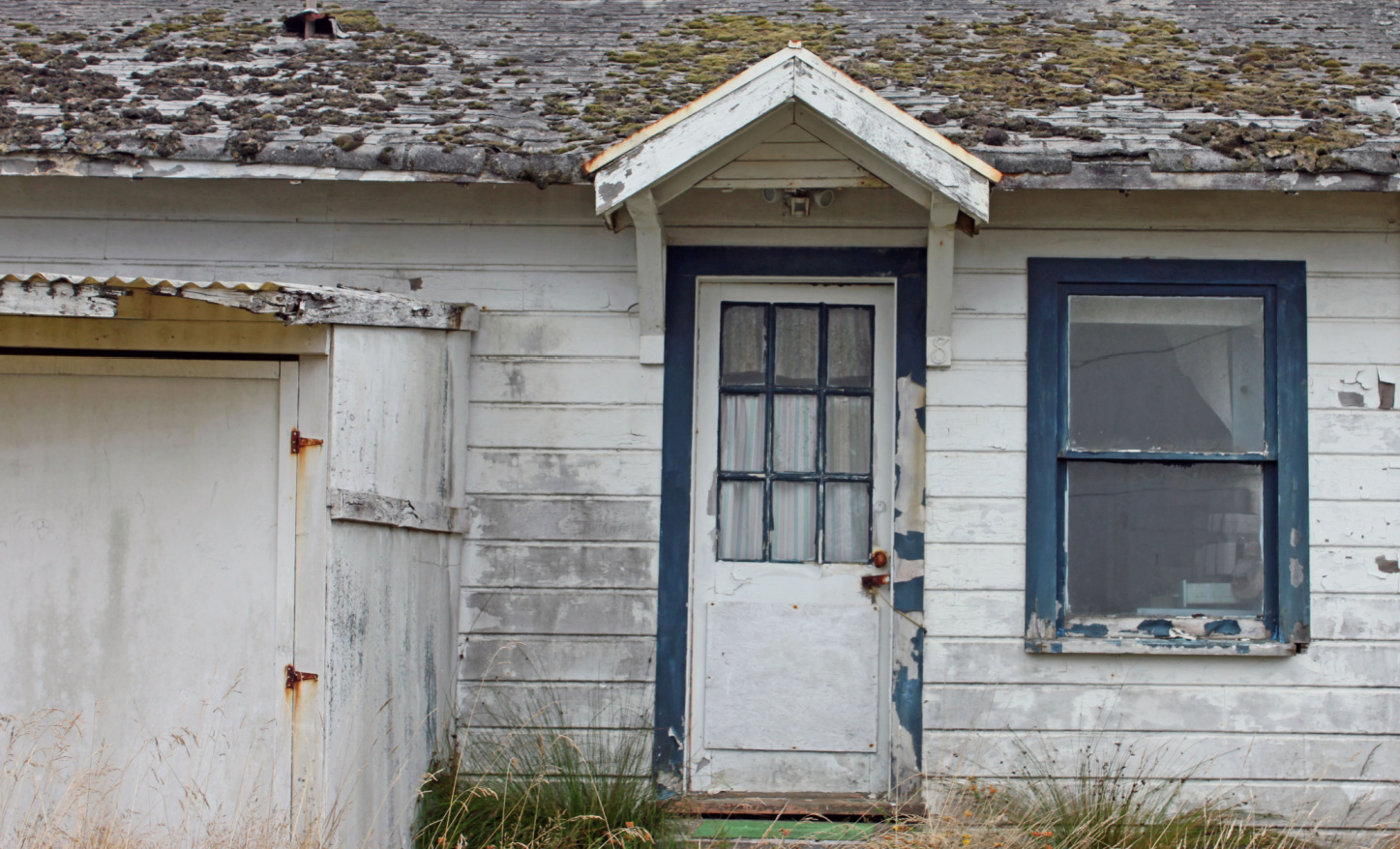Tougher Time for Break-Ins: NC’s New Bill Raises the Bar on Penalties

North Carolina lawmakers are advancing a sweeping public-safety bill that tightens the state’s burglary statutes and imposes tougher penalties on criminals who break into homes or buildings while armed. The legislation—sponsored by a broad, bipartisan group in the House and moving with unanimous support in the Senate—marks one of the most significant updates to the state’s burglary and breaking-and-entering laws in years.
The bill has passed both chambers with overwhelming margins (114-0 in the House and 48-0 in the Senate) and now awaits final concurrence, signaling strong alignment across the General Assembly on strengthening protections for families and property owners.
Modernizing Burglary Statutes for Today’s Public-Safety Landscape
At its core, the bill revises the way North Carolina defines and categorizes burglary. While the state has long recognized first- and second-degree burglary under common law, the new language clarifies these definitions and updates them to reflect current public-safety realities.
Under the bill:
• First-degree burglary remains reserved for break-ins that occur when someone is inside the home or sleeping area.
• Second-degree burglary applies when the dwelling or sleeping area is unoccupied.
• The bill explicitly states that larceny—regardless of value—is to be treated as a felony for burglary purposes, closing loopholes and removing ambiguity in prosecution.
These refinements modernize the statute while preserving the fundamental distinctions between occupied and unoccupied dwellings—an important component when determining the seriousness of the crime.
Tougher Penalties for Armed Offenders
One of the most consequential provisions of the bill is its enhancement for offenders who commit burglary or breaking-and-entering while armed with a firearm or other deadly weapon. If a person has a weapon “about his or her person” during the offense, the sentence automatically increases by one felony class.
For example:
• A Class G felony becomes a Class F
• A Class D felony becomes a Class C
This enhancement applies to multiple sections of the law, including first-degree burglary, second-degree burglary, breaking out of a dwelling after committing a felony, and general breaking-and-entering offenses.
The bill requires that indictments specifically allege the weapon-related facts, ensuring clarity in prosecution and due process. In cases where multiple felonies are tried together, a single pleading is sufficient—streamlining the judicial process.
Expanding Protections for Occupants and Property Owners
The bill also updates the section of law governing breaking or entering into buildings generally. It adds a new offense for entering a building with the intent to terrorize or injure an occupant, recognizing the reality that not all break-ins are motivated by theft. That offense carries a Class H felony.
Additionally, the legislation clarifies what qualifies as a “building,” expanding the definition to include structures under construction, homes within the curtilage of a residence, and other enclosed property spaces. This ensures that barns, workshops, garages, and similar structures receive consistent legal protection.
Broad Legislative Support and a Clear Public-Safety Message
Few bills move through the General Assembly with unanimous backing, but this one has—underscoring strong bipartisan agreement that North Carolinians deserve greater protection against violent or threatening break-ins.
The legislation also aligns with a broader public-safety agenda gaining traction in the state. As Sen. Benton Sawrey noted in a recent statement celebrating the Back the Blue Pay Act—another measure passed unanimously in the Senate—North Carolina is prioritizing action over rhetoric when it comes to supporting law enforcement and strengthening community safety.
“This bill delivers,” Sawrey said, pointing to meaningful pay raises, $3,000 bonuses, and a renewed commitment to the officers who protect North Carolina communities.
Effective Date and Next Steps
If enacted, the burglary-enhancement bill will become effective December 1, 2025 and will apply to offenses committed on or after that date.
With strong House and Senate support behind it, the measure is poised to become one of the state’s defining public-safety reforms—reinforcing a simple message North Carolina lawmakers are sending this year:
Breaking into homes or buildings will not be tolerated, and doing so while armed will carry serious consequences.
RECENT










BE THE FIRST TO KNOW

More Content By
Think American News Staff












